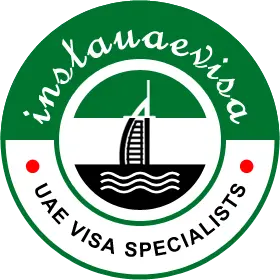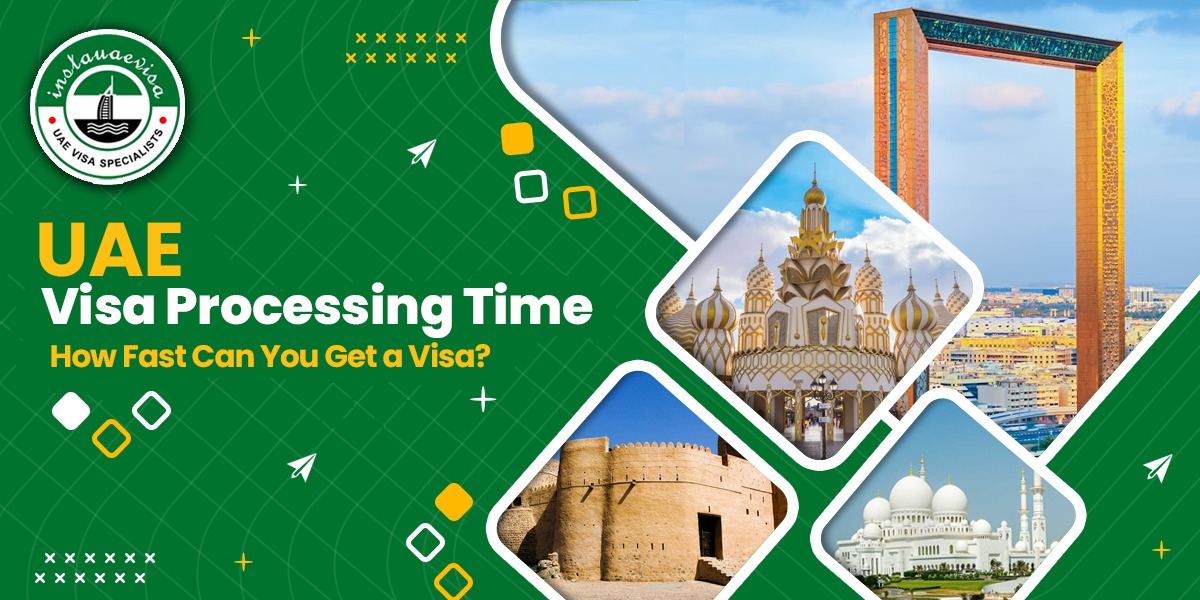The towering skyscrapers of Dubai, the cultural depth of Abu Dhabi, and the serene beaches of Fujairah make the United Arab Emirates a must-visit destination. For Swiss citizens, experiencing this vibrant Middle Eastern nation is seamless due to the simplified entry process.
The UAE’s decision to grant Swiss passport holders easy access reflects the strong diplomatic and economic ties between both nations. This policy has positioned the Emirates as one of the most convenient travel destinations for Swiss visitors, whether for business, leisure, or a stopover to other locations.
This guide provides comprehensive insights into the entry process, duration of stay, travel requirements, and key attractions across the seven emirates.
Entry Process for Swiss Citizens
General Entry Guidelines
Swiss passport holders can enter the UAE without the need for pre-arranged documentation. This streamlined process is a result of bilateral agreements between Switzerland and the UAE, reinforcing strong diplomatic, economic, and tourism connections.
Upon reaching any UAE airport or land border, Swiss travelers receive an entry stamp, granting them permission to stay for a specific period.
Duration of Stay
Swiss citizens are typically allowed to stay in the UAE for up to 90 days within a 180-day period. This extended timeframe offers flexibility for extended vacations, business trips, or family visits.
It is essential to track the number of days spent in the UAE to avoid exceeding the permitted stay. The 90-day allowance operates on a rolling basis within any 180-day period.
Requirements for Swiss Travelers
While no prior application is required, travelers must meet specific entry conditions:
-
Valid Passport: The passport must be valid for at least six months beyond the planned date of entry.
-
Return or Onward Travel: Travelers may need to provide proof of onward or return travel.
-
Sufficient Funds: Though rarely checked, travelers should have proof of financial means to support their stay.
-
Accommodation Details: Authorities may request information on hotel bookings or residential addresses.
-
Travel Insurance: While not mandatory, comprehensive travel insurance with medical coverage is strongly advised.
These standard international travel practices help ensure a smooth immigration process.
Preparing for Your Trip
Essential Travel Documentation
Before departure, ensure all travel documents are in order:
-
Check passport validity.
-
Keep digital and physical copies of the passport’s information page.
-
Have a well-documented itinerary, including accommodation bookings.
-
Ensure return or onward flight confirmations are easily accessible.
-
Obtain travel insurance that includes coverage for the UAE.
Health Considerations
Medical facilities in the UAE are world-class but can be costly for visitors. Consider the following:
-
Consult a healthcare provider about necessary vaccinations.
-
Carry sufficient prescription medications with accompanying doctor’s notes.
-
Pack essential medical supplies such as pain relievers, bandages, and anti-diarrheal medicine.
-
Confirm whether travel insurance includes medical evacuation coverage.
What to Expect in the UAE
Climate and Packing Tips
The UAE has a desert climate with scorching summers and mild winters:
-
Summer (May–September): Temperatures often exceed 40°C (104°F). Lightweight, breathable clothing and high-SPF sunscreen are essential.
-
Winter (October–April): More moderate temperatures (20-30°C or 68-86°F). Light layers and a jacket for cooler evenings are recommended.
The UAE, being a Muslim-majority country, has dress code expectations in certain areas. While Dubai and Abu Dhabi are cosmopolitan, modest clothing is appreciated, particularly in conservative regions and religious sites.
Navigating UAE Airports and Transport
Immigration Procedures
Swiss travelers can proceed directly to designated immigration counters. The process includes:
-
Completing an entry card (if required)
-
Presenting a valid Swiss passport
-
Answering general questions about the visit’s purpose and duration
-
Receiving an entry stamp indicating the permitted stay
-
Proceeding to baggage claim and customs
Officials may occasionally request proof of return flights, accommodation, or travel insurance, so keeping these documents handy is advisable.
Transportation Options
The UAE’s airports are well-connected to major cities:
-
Dubai International Airport (DXB): Metro, taxis, ride-hailing services, and hotel shuttles.
-
Abu Dhabi International Airport (AUH): Taxis, buses, ride-sharing, and upcoming metro connections.
-
Sharjah International Airport (SHJ): Public buses, taxis, and access to Dubai transport options.
For added convenience, travelers can pre-book airport transfers through hotels or reputable transportation providers.
Exploring the Seven Emirates
Dubai: The Futuristic Hub
-
Landmarks: Burj Khalifa, The Palm Jumeirah, Dubai Frame
-
Cultural Attractions: Al Fahidi Historical District, Dubai Creek
-
Shopping & Beaches: Dubai Mall, Gold Souk, Jumeirah Beach
Abu Dhabi: The Cultural Capital
-
Highlights: Sheikh Zayed Grand Mosque, Louvre Abu Dhabi, Qasr Al Watan
-
Natural Attractions: Mangrove National Park, Al Wathba Wetland Reserve
Sharjah: The Heritage Center
-
Cultural Gems: Sharjah Museum of Islamic Civilization, Al Noor Mosque
-
Family Attractions: Al Montazah Parks, Sharjah Aquarium
The Other Emirates
-
Ajman: Pristine beaches and the Ajman Museum
-
Umm Al Quwain: Mangrove forests and adventure water parks
-
Ras Al Khaimah: Jebel Jais mountains and zip-lining experiences
-
Fujairah: Scuba diving spots and historical forts
Cultural Awareness and Local Customs
Respect for local traditions enhances travel experiences:
-
Ramadan Considerations: During Ramadan, public eating and drinking during daylight hours are restricted.
-
Behavior: Public displays of affection, profanity, and aggressive actions should be avoided.
-
Photography: Seek permission before photographing individuals, especially women.
-
Dress Code: Modest attire is expected in religious and government spaces.
Practical Travel Tips
Currency and Payment Methods
-
The currency is Emirati Dirham (AED).
-
Credit/debit cards and mobile payments (Apple Pay, Google Pay) are widely accepted.
-
ATMs are readily available, though having some cash is recommended.
Transportation Within the UAE
-
Public Transit: Dubai Metro, Abu Dhabi buses, and tram services.
-
Taxis & Ride-Sharing: Uber and Careem operate in major cities.
-
Car Rentals: Swiss licenses are accepted with an International Driving Permit.
Legal Considerations
Key Regulations
-
Alcohol: Allowed in licensed venues; public intoxication is illegal.
-
Medication Restrictions: Some Swiss medicines may be restricted; check UAE health regulations.
-
Social Media & Content Laws: Criticism of UAE laws or officials can lead to legal consequences.
Emergency Contacts
-
Emergency Services: 999 (police), 998 (ambulance), 997 (fire)
-
Swiss Embassy in Abu Dhabi: Available for consular assistance
-
Tourist Police: Provides multilingual support
Extending Your Stay
For longer stays beyond the initial period, options include:
-
Short exit and re-entry to reset the allowed duration.
-
Applying for a new travel document before the permitted stay expires.
Conclusion
The UAE presents an exciting opportunity for Swiss travelers, offering a seamless entry process and a rich blend of modernity and tradition. By preparing in advance, respecting local customs, and making informed travel choices, visitors can enjoy a memorable stay across the Emirates.




